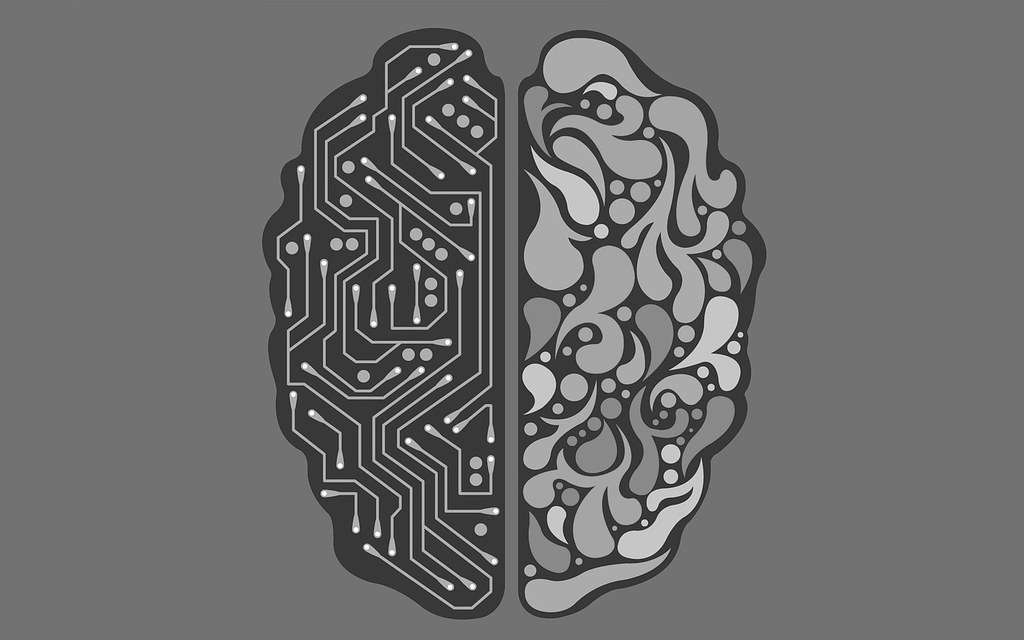(FRANKFURT) — Will Generative AI change our world for good or for evil? This is a question that has become more prevalent than ever over the past year. For years, it was feared that robots might steal our jobs. Fears that journalists, however, were mostly spared from.
Enter generative AI, and the creative minds that always seemed untouchable are suddenly just as vulnerable from being replaced. Replaced by the Übermensch capacities of generative AI. While understandable, the fears of being replaced may not be entirely rational. The discourse should not simply revolve around how AI might alter journalism but how it can strengthen it.
Generative AI has the ability to reshape journalism by automating the labor-intensive task of data analysis, allowing journalists to delve deeper into the human stories behind the data. AI models like GPT-4 can quickly generate reports with a high degree of accuracy, exceeding human speed and reducing error margins that often requires tedious and time consuming editing. Nevertheless, the essence of journalism—the human experiences, nuanced emotions, and on-the-spot interactions—remains beyond AI’s capabilities.
Specific instances of AI in journalism already show its potential impact. An example of such an impact is the Washington Post’s ‘Heliograf’ AI which has generated over 850 articles, showcasing AI’s ability to support journalists by covering local events at a scale and speed that human reporters cannot match. However, the algorithm cannot replace the profound, empathetic connection that a human journalist forms with their story and audience.
The efficiency and of AI in fact-checking is undeniable, yet it is not immune to the downsides of algorithmic bias. This introduces a layer of ethical complexity: the risk of AI spreading misinformation under the guise of efficiency and trying to combat misinformation. Rigorous oversight is necessary to prevent these biases and ensure the technology’s integrity. This is example of how AI-as powerful as it may be-will always need supervision and is not immune to inaccuracy.
AI is sure to be an invaluable ally in combating fake news, identifying facts efficiently, and bridging language divides, as seen in its growing role in international newsrooms. It provides journalists with the tools to bypass tedious data analysis, as envisaged by the Director of News Partnerships and AI News at AP, creating more space for immersive, on-the-ground reporting.
In conclusion, as generative AI stakes its claim in the journalistic landscape, we must not be overcome by fear and dystopian hyperbole. AI can be used for good and for evil; its path in journalism will be determined by human choice and ethical direction. Upholding the moral framework that is the foundation of journalism is essential. With ethical guidance, AI will not only coexist with journalism but will elevate it to new heights of accountability and reach.


